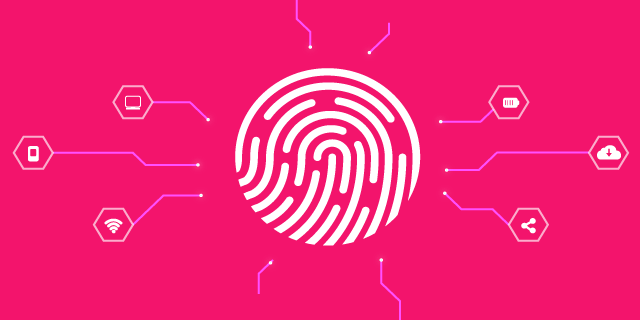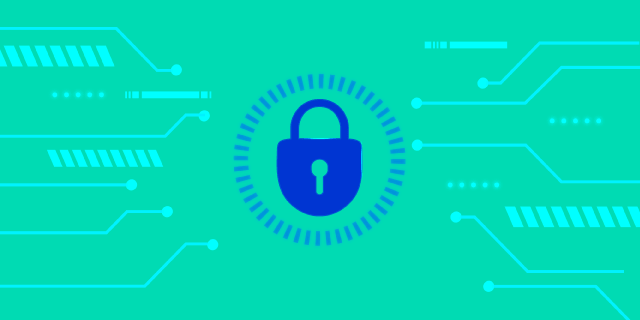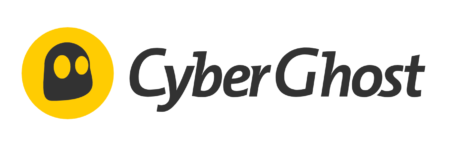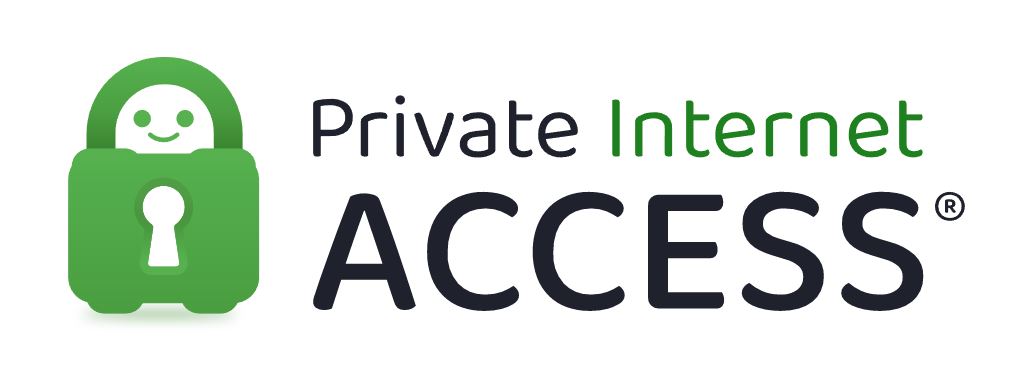
When someone asks whether a VPN can be tracked, it is necessary first to understand what exactly is meant by “tracking.” By definition, tracking means following marks or traces that indicate the moves and whereabouts of someone or something. The same logic applies to the online universe, where the concept is referred to as Web tracking.
In the case of VPNs, there are two ways of understanding this question. Consequently, there are also two types of answers.
Can a VPN be detected?
If you refer to the possibility of a VPN being detected or, in other words, if it is possible to tell whether an Internet user is browsing with a VPN or not, the answer is yes.
Knowing if someone is routing online traffic through a VPN is relatively easy. People or entities interested in identifying VPN use have several methods at their disposal to do so.
The most common methods companies and governments use to spot VPNs are IP analysis, Port number check, and data inspection.
The first one consists of the simple association of IPs with already known VPN services’ servers.
Regarding Ports, each VPN protocol establishes connections between devices using predetermined “doors” with specific numbers. In this case, it is possible to identify the use of a particular VPN protocol based on the Port assigned.

However, a more advanced method is Deep Packet Inspection (DPI). As the name implies, it refers to a deep and detailed inspection of data portions. By analyzing the data available for each data packet sent over the Internet, one seeks to find clues or traces of VPN usage.
On the other hand, while it’s easy to identify a VPN in action, some VPNs can make it very difficult for eavesdroppers to catch them. Some of the leading providers on the market offer advanced features dedicated to this particular task. That’s the case of obfuscation technologies.
These technologies ensure an extra degree of protection for your browsing data. They act like a digital camouflage, making it hard to detect any sign of a VPN. That is the case with the Obfuscated Servers deployed by NordVPN, the Camouflage Mode, available on Surfshark, and the Chameleon Protocol, created by VyprVPN.
Top VPNs with obfuscation

Users' Rating 🛈
Based on Trustpilot, Amazon, Apple App Store, and Google Play Store data available online.
Users' Rating 🛈
Based on Trustpilot, Amazon, Apple App Store, and Google Play Store data available online.
Users' Rating 🛈
Based on Trustpilot, Amazon, Apple App Store, and Google Play Store data available online.
Can you be tracked with a VPN?
That is another way of understanding the question. If what you want to know is whether you can still be tracked online when using a VPN, the best answer is that “it’s less likely.”
However, it is crucial to clarify that absolute privacy or complete anonymity does not exist in the digital universe. But as long as you use a reliable provider of VPN services with a strict and proven zero logs policy and take other essential Internet privacy measures, it won’t be easy to track your browsing activity or monitor what you do online.

A minor glitch in the service, any browsing data unduly stored can expose your activity. That is why choosing a VPN with the highest security and reliability levels is vital. I suggest you avoid VPNs that are entirely free and not very transparent. Remember: nothing is really free of charge. You’ll probably pay with your data instead of protecting it while using most free tools available. That is definitely not a good deal when it comes to your privacy.
If you seriously care about your online privacy, investing in a top-notch VPN is worth avoiding problems. Besides the three excellent VPNs already mentioned, Proton VPN is another provider worth considering for data protection. Advanced features, such as Secure Core servers and self-owned high-security Data centers, make this Switzerland-based company a great privacy choice.

Users' Rating 🛈
Based on Trustpilot, Amazon, Apple App Store, and Google Play Store data available online.


